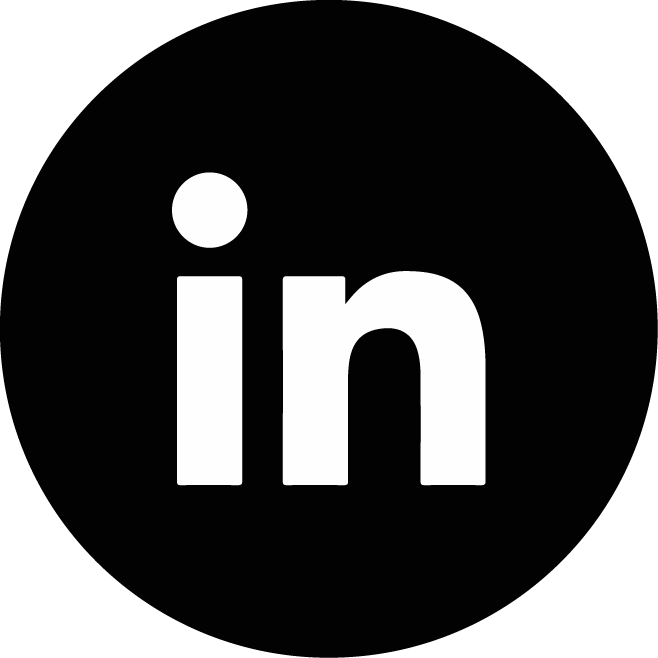 Barbara Jorgensen Taiwan start-ups have some digital healthcare technologies they’d like to bring to the United States. They have a few hurdles to clear first. For many foreign companies, unique technology isn’t enough to secure investors in America. The medical technology market is highly regulated, and venture capitalists remain very cautious about where they invest their money. Taiwan is actively involved in promoting and commercializing home-grown technology. “Taiwan has an established record for innovation in semiconductors and now we are targeting AI,” said Chun-Yi Tu, deputy director general for Taiwan’s Department of Academia-Industry Collaboration and Science Park Affairs. A late-September forum in Boston focused on developments “devoted to improving the well-being of patients.” The forum brought nine start-ups — Reliance Biosciences; FaceHeart; Aesop Technology; Heroic-Faith Medical Sciences; Summed Taiwan; AHEAD; RiCHE Biotech; Arvin Bio-Medical Research and MTAMTech Corp. — together with venture investors, technology developers and potential end-users. The companies have created solutions that advance the digital healthcare market through AI, data analytics, and materials or manufacturing break-throughs. The market for digital health is global and is expected to reach $509.2 billion by 2025, according to Grand View Research. Still, venture investors recommend start-ups focus on a single market as their technology gains traction. Emerging companies may over-reach, according to Geoff DaCosta, director for business development and licensing at Medtronic. “Digital health is global, but if you’ve had traction in China — by virtue of your location — you shouldn’t go after the U.S. at the same time. China is a unique market and that is a positive — it’s good to be in that market.” DaCosta was one of five venture experts that outlined the challenges of and options for breaking into the U.S. healthcare industry. For example, companies must be familiar with U.S. regulations governing medical technology. But first there are some very basic considerations. Distance is an issue for many potential investors, according to David Uffer, a partner at Alira Health. “Most venture funds are willing to invest anywhere, but start-ups really need the ability to meet face-to-face,” he said. “It’s hard to get funds because investors want to be there — sitting on boards, for example. Having a presence in the U.S. also helps.” Demand for digital health in North America is high due to a favorable environment, Grand View said. Europe is expected to hold the second position in the global market as more efforts are made to develop the healthcare industry in Europe. The companies pitching at the Boston tech forum are largely focused on contact-less devices, remote monitoring and diagnostics, or preventing errors. FaceHeart has developed technology that monitors heart rate and blood pressure through facial imaging. Its phone-based app allows patients to transmit data and to immediately seek help. Heroic-Faith Medical Science offers an AI-powered mobile solution that can monitor respiration. Arvin has created a wearable system that can identify and monitor heart attacks and transmit data as patients seek help. Availability of such apps in smartphones makes it easier for healthcare professionals to access patient information and diagnose diseases, according to Grand View. Furthermore, increased penetration of smartphones and internet connectivity are the key factors driving the digital healthcare market. Protect your IP Greg Sieczkiewicz, executive partner/chief IP counsel for MPM Capital, said IP protection is critical for start-ups as they seek funding and partnerships. “IP has a way of getting out while you are discussing your technology with potential partners,” he said. “Understand how your technology is being used and be ready to protect your IP.” Foreign start-ups are often ill-prepared to pitch to venture investors, said Luis Barros, managing partner of Leading Business Ventures. “Before you get here you have to do a lot of research at home,” he said. “Come ready to play in the big leagues.” Digital healthcare itself is a problematic market, investors said. “Business models in digital health are hard to figure out,” said Uffer, adding: “There’s a difference between wellness and healthcare, and there’s always a tug-of-war with insurance companies over who is going to pay for services.” Monetizing new tech remains a challenge, according to Sieczkiewicz. “I’d recommend figuring out who will pay for such products and services and then work backward from there.” AI in healthcare Al plays a leading role in diagnostics and error-prevention systems developed by Taiwanese start-ups. Reliance Biosciences has developed blood-based testing for cancer and Alzheimer’s. Aesop built an AI system that alerts doctors of inappropriate prescriptions. RiCHE converts data from samples — such as blood — to easily-read photothermal patterns, and AHEAD provides AI-assisted hematologic diagnostic and disease-assessment tools. Most of these companies are still in the process of gathering clinical data — a “must-have” for funding or partnership in the United States. The U.S. government itself invests in promising technology and offers other incentives such as R&D credits. Universities are major research centers, Barros pointed out, and start-ups could enlist faculty members as advocates for their technology. Connecting directly with a U.S. company is also a preferred route into the market. Venture investors view Taiwan as an established source of high-quality manufacturing and innovative technologies. Summed Taiwan offers vertically-integrated manufacturing services and MTAMTech has developed a hollow-fiber self-assembled substrate. Moreover, Uffer doesn’t see a cultural gap between Taiwan and the U.S. “What I see is an understanding of global markets,” he said. “But regulations and funding in the U.S. are difficult.” Reference: EE Times Asia Comments are closed.
|
|
AESOP TECHNOLOGY
|
 |
© AESOP Technology 2024




